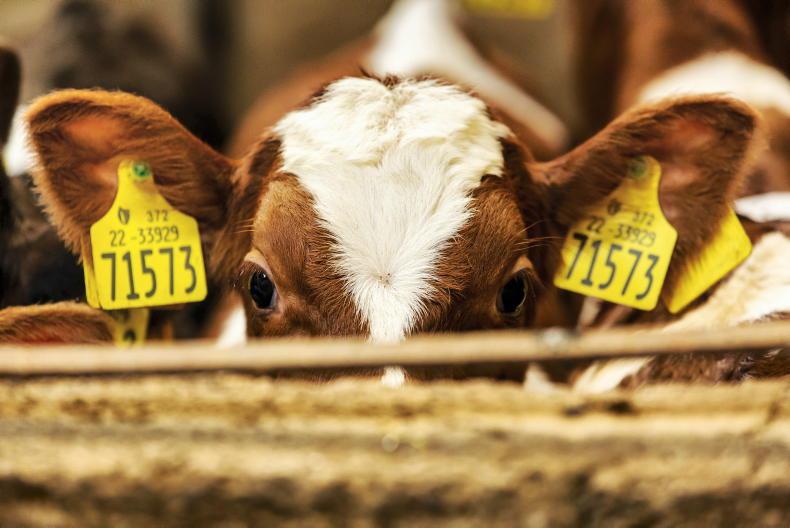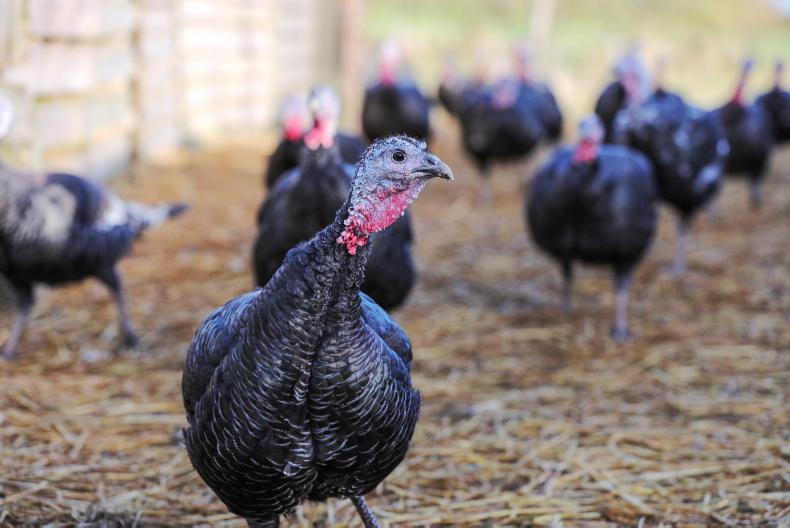The UK Department for the Environment Food and Rural Affairs (DEFRA) has raised the bar for farmers by introducing a requirement for a veterinary attestation that a visit to farms has been undertaken for produce to be export-compliant.
This comes into effect from 13 December and the vast majority of farms with livestock will be non-compliant at this date.
Under EU legislation which applied pre-Brexit, a signed farmer declaration that a vet visit to the farm has taken place sufficed.
Fourteen organisations representing farmers and processors across England Scotland and Wales have written to the DEFRA minister pointing out that if the UK unilaterally goes ahead with this requirement on 13 December then the vast majority of production will be ineligible for export despite being compliant with EU import requirements.
Scarcity of vets
They also point out that compliance with the proposed UK requirement for veterinary attestation is further complicated by the serious scarcity of vets in Britain.
The letter warns that if livestock products are made ineligible for export to the EU because they are unable to comply with this requirement, it will not only add to farmer costs but also affect the value of livestock when they are processed.
This is because even though Britain is a net importer of beef, many parts of processed animals are not consumed in the UK and are exported to continental and indeed global markets.
If this could no longer take place for these parts of the animal, considerable value would be lost to farmers and the processing industry.
Northern Ireland
The controversial protocol which was agreed to give effect to Brexit in Northern Ireland means that the legislation isn’t applicable to Northern Irish farmers and factories.
They are required to continue being compliant with EU legislation and while the protocol remains politically controversial, this is a further example of how it works to farmers and the food processing industry’s advantage.
UK Government policy can at best be described as fluid over recent weeks, with radical economic tax-cutting policies reversed.
It has also been policy to scrap all EU legislation that had been adopted into UK legislation post-Brexit and replace with a new made-in-Britain version.
This decision on having a veterinary confirmation of farm visit instead of a farm declaration is one example of what the consequences of a UK go-it-alone approach could look like and it is not to the advantage of British farmers or the processing industry.









SHARING OPTIONS